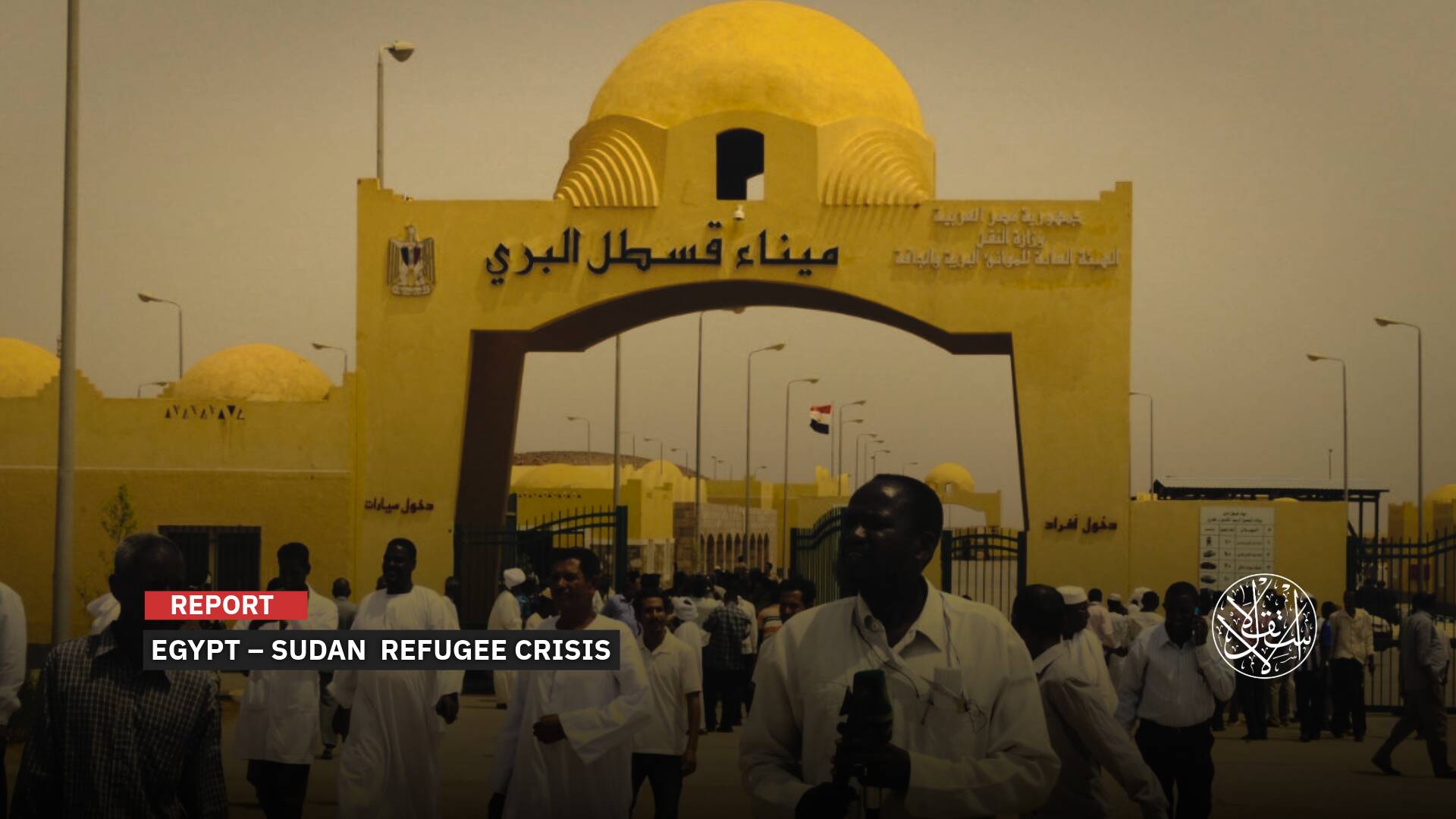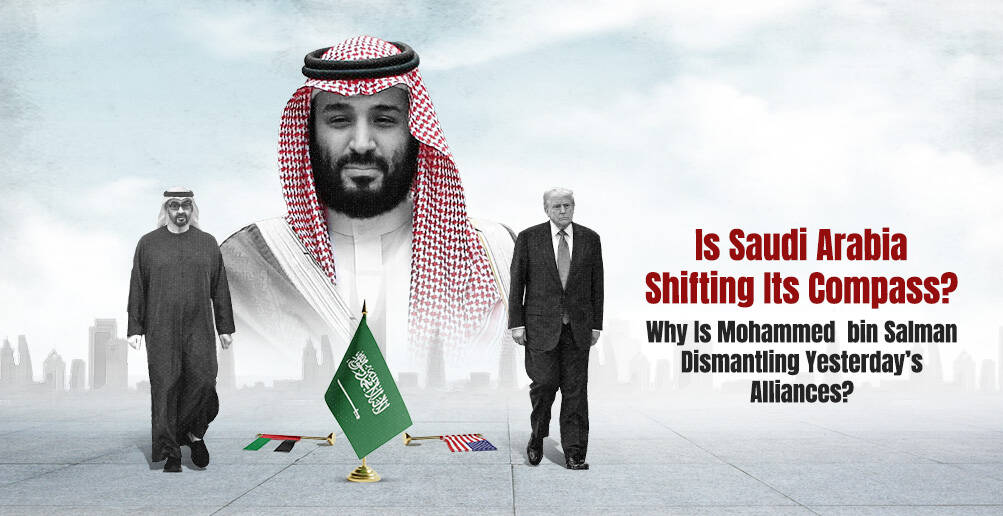Will the Western Financial Sanctions on Russia and China Lead to an Alternative Financial System?

"The fate of the US dollar remains uncertain"
In a recent analysis, the American magazine “Foreign Policy” highlights the risks posed by the West’s actions against Russia, suggesting that they could have far-reaching consequences for the global order and potentially provoke China.
The backdrop for this assessment is the G7 leaders’ agreement during their summit in Italy on June 13, where they decided to grant Ukraine a substantial loan of 50 billion euros (approximately $54 billion).
This loan would be deducted from the interest generated by Russian state assets, estimated at a staggering 280 billion dollars.
Risky Escalation
The magazine’s analysis, published earlier this week, characterizes the West’s approach as a “strong but also risky escalation” in the ongoing financial war with Russia and China.
The outcome, according to Foreign Policy, could be the creation of an alternative financial system—one that Russia and China are believed to be actively seeking.
Foreign Policy points out that the measures taken at the G7 summit in June were unprecedented.
Not only did they involve transferring billions of dollars in profits from frozen Russian assets to Ukraine, but they also introduced new measures targeting Chinese banks.
These actions, the magazine argues, may gradually erode the legitimacy of the dominant international financial system.
Experts suggest that this move could make both Russian President Vladimir Putin and Chinese President Xi Jinping quite content, especially since Xi aims to establish an alternative financial system centered around the yuan.
The G7’s recent actions send a clear message—one that challenges what was once considered sacrosanct in the world of international finance.
Sovereign wealth funds, central banks, corporations, and individual investors, particularly those in smaller countries vulnerable to sanctions, may now consider hedging against full investment in dollar- and euro-denominated Sukuk.
Ryan Martinez-Mitchell, a law professor at the Chinese University of Hong Kong, views this decision as crossing a significant threshold.
By weakening the sovereign immunity rule for foreign central banks, it opens up new possibilities.
While a complete shift away from the US dollar-based global financial system remains unlikely in the near term, Mitchell believes that such decisions contribute to a growing sentiment favoring alternative futures.

Diversifying Reserves
Financial historian Harold James from Princeton University asserts that mounting pressures are driving the search for alternatives to the US dollar. This latest development promises to amplify ongoing efforts to diversify currency reserves.
James identifies a convergence of concerns: Firstly, the United States faces a precarious financial trajectory, burdened by unsustainable debt.
Secondly, the risk of asset confiscation looms large, with the potential for secondary sanctions affecting countries entangled in supply chains with China and, indirectly, Russia.
The tipping point, James warns, may manifest as countries—some even among US allies—shift their assets away from the dollar and euro.
Raghuram Rajan, former governor of the Reserve Bank of India and now at the University of Chicago, underscores this trend. Central banks, he notes, are increasingly diversifying their reserves, including investments in gold.
Central European nations, once staunchly aligned with the US, exemplify this shift.
Countries like the Czech Republic and Poland, previously disinterested in gold reserves during times of perceived security, have now begun substantial gold acquisitions since joining NATO in 1999.
Russian President Vladimir Putin’s recent interview with American news anchor Tucker Carlson further underscores the dollar’s vulnerability.
Putin criticizes Washington’s use of the dollar as a geopolitical tool, labeling it a strategic blunder. Even America’s allies, he contends, are reducing their dollar holdings.
The broader analysis raises ethical questions. Profiting from other nations’ assets—regardless of their aggressor status—violates global norms and establishes a risky precedent.
Jon Bateman, a senior fellow at the Carnegie Endowment for International Peace, emphasizes that new sanctions tend to proliferate once implemented.
Meanwhile, the G7 leaders are contemplating additional measures. Their focus? Gradually excluding Beijing from the international financial system.
While acknowledging China’s pivotal role in global trade, they indirectly threaten Chinese banks and entities with restrictions on financial access. The potential consequences could escalate tensions and pose systemic risks.
China, however, has been quietly insulating itself from financial retaliation. Former IMF deputy managing director Hong Tran reveals that major Chinese banks cautiously reduce exposure to Russia.
Instead, smaller institutions facilitate trade between the two nations using renminbi (yuan) and rubles.
As geopolitical chess pieces shift, the fate of the US dollar remains uncertain, and the world watches closely.

“Terror Balance”
In recent weeks, the seizure of certain banking assets has ignited a fierce debate on the global stage.
European leaders, in particular, view this move as a step too threatening—one that threatens to disrupt the delicate fabric of the international financial system.
The catalyst was a concerted effort led by the U.S. Congress, with backing from the Biden administration, to pursue a complete asset seizure1.
But it is not just about numbers on a balance sheet. The stakes are higher, much higher. Consider China’s ominous saber-rattling toward Taiwan—an escalating threat that could potentially unravel the entire global economic order.
Chinese President Xi Jinping is playing a high-stakes game, confident that the United States will not replicate its Russia playbook.
So, what if the U.S. and its Western allies respond to a Taiwan invasion or blockade by freezing and leveraging Chinese assets? The consequences would reverberate far beyond the boardrooms.
The very foundations of the financial system would quake, dealing a devastating blow to economies worldwide. But here is the twist: Russia and China are not cut from the same cloth.
While Washington grappled with the European Union over freezing Russian assets (a mere $300 billion), China’s financial footprint spans the globe.
Under the International Emergency Economic Powers Act, the U.S. could freeze approximately $800 billion in Chinese-owned U.S. Treasury bonds alone—a fraction of the colossal $3 trillion in Chinese sovereign assets abroad. Beijing, however, holds a trump card: its $6 trillion Western investment.
Former U.S. Treasury Secretary Larry Summers once coined it a “financial balance of terror.” Indeed, the deep integration between China and the West has woven intricate threads that defy easy unraveling.
As William Reinsch, a seasoned undersecretary of commerce, aptly puts it, enforcing sanctions against China presents a far more complex challenge.
The intertwining of Western economies with China surpasses the old Russia ties, creating a delicate dance—one where economic interests and geopolitical tensions waltz in tandem.











